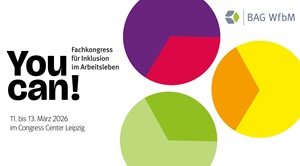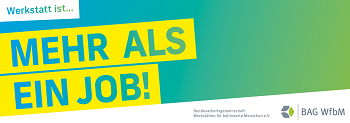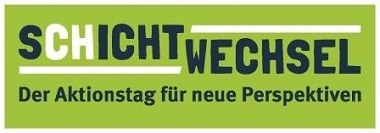To improve justice and equality – that is one of the main political goals of the European Union (EU). Discrimination has negative effects on all attempts of social integration and seriously undermines EU employment policy. The EU stands for the right of equality and a life free of discrimination. These ideas are two of the founding pillars of the European Union.
In 2000, two anti-discrimination laws were passed by the EU: the Racial Equality Directive and the Employment Equality Directive. They both ban discrimination because of racial or ethnic origin, religion or belief, disability, age or sexual orientation. Additional EU-bills ban gender discrimination. The two anti-discrimination laws define a minimum level of protection throughout the EU. The Racial Equality Directive broke new ground, as it applies to all EU-citizens and reaches beyond the traditional field of employment into areas such as healthcare, education and housing.
Although laws banning discrimination are an absolute prerequisite, they alone are unable to achieve the goal of creating a discrimination-free society. In addition to laws and political measures to overcome structural barriers in order to achieve equal opportunities, the EU must also change attitudes and behaviour. That is why the EU supports several information campaigns and promotes diversity. It also supports Non-Governmental Organisations that contribute to the achievement of this goal.
Who we are
Bundesarbeitsgemeinschaft Werkstätten für behinderte Menschen e. V. (BAG WfbM) is the political representative of sheltered workshops in Germany. We represent 93 % of all German workshops. All public welfare organisations and religious denominations work jointly in our organisation.
Our task is to give expert advice on questions related to employment, vocational training, financing and legal issues. Additionally, we are actively involved in the legislation process. BAG WfbM promotes for the participation of persons with disabilities in working life.
Our task is to give expert advice on questions related to employment, vocational training, financing and legal issues. Additionally, we are actively involved in the legislation process. BAG WfbM promotes for the participation of persons with disabilities in working life.
































